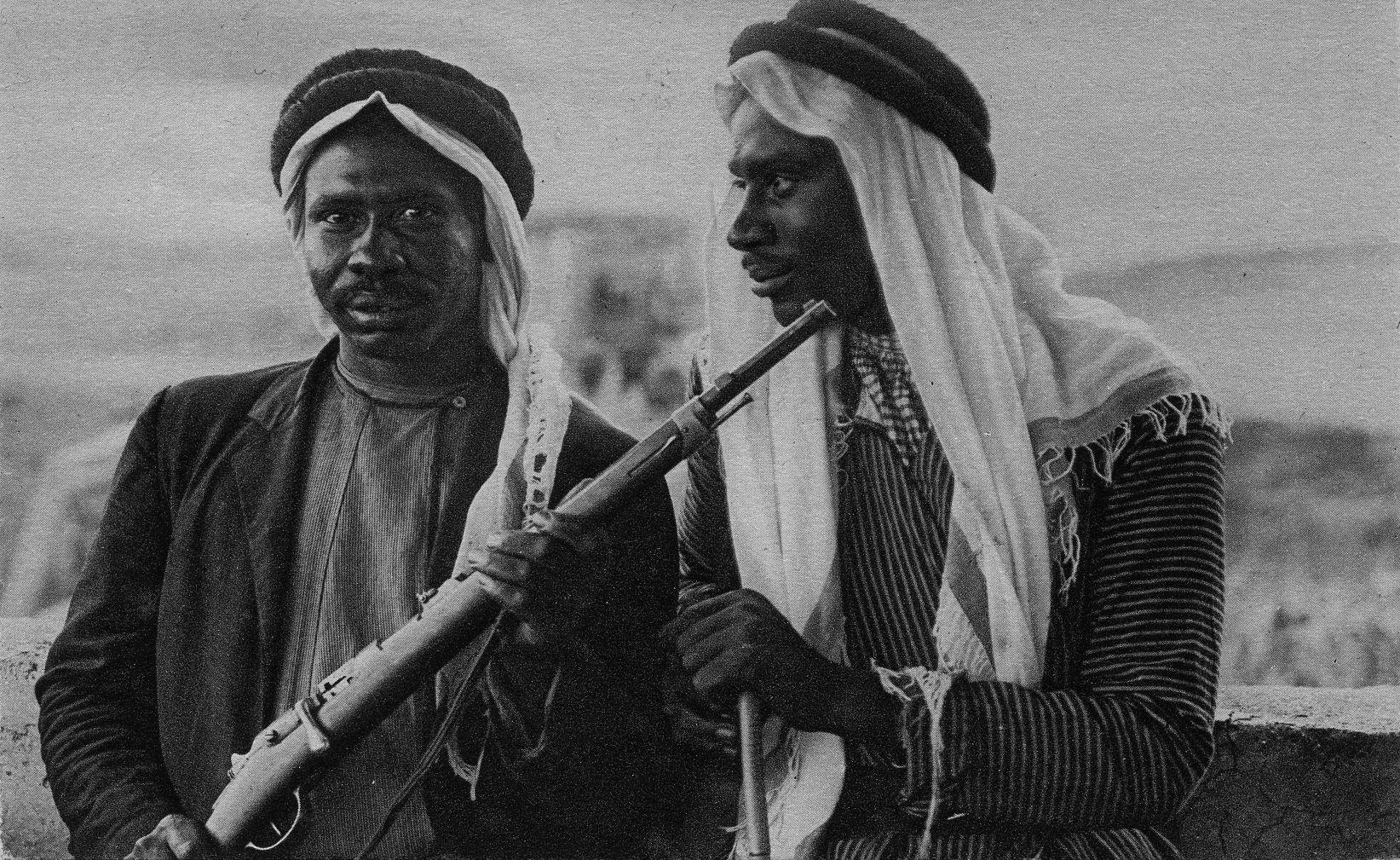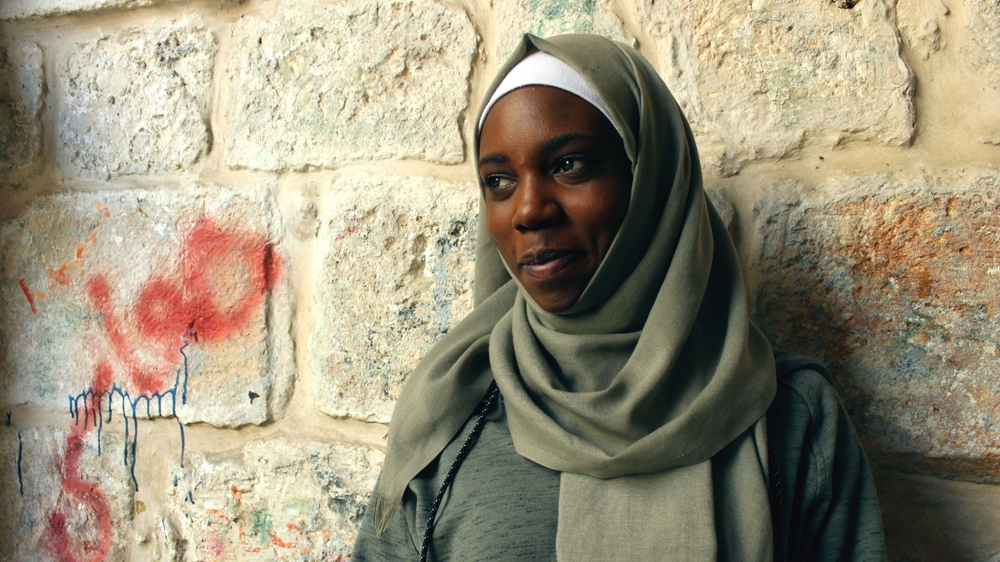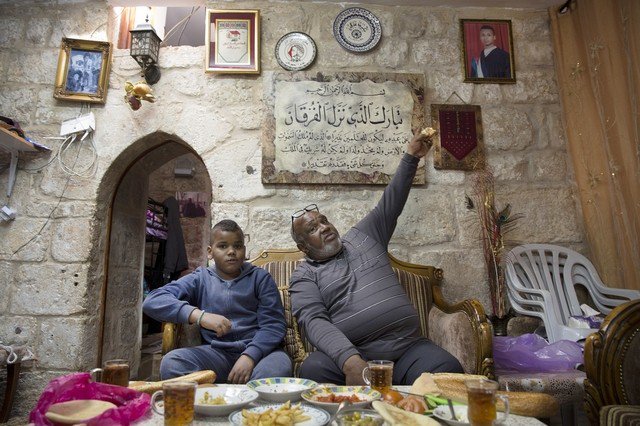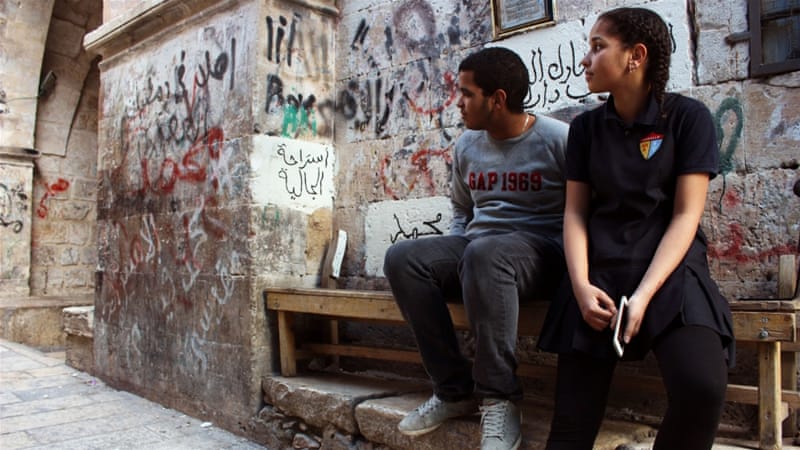AFRO-PALESTINIANS

The Vital Role of Afro-Palestinians in the African Diaspora
In 2017, Chicago hip-hop artist Vic Mensa recalled his trip to Palestine. “For once in my life, I didn’t feel like the nigger. As I sat comfortably at a coffee shop, gawking at a group of Israeli soldiers harassing a Palestinian teenager, it was clear who was the nigger. My American passport, ironically, had awarded me a higher position in the social hierarchy of Jerusalem than it did in my hometown of Chicago,” he explained to AllHipHop. “As insensitive as it sounds, it was almost a feeling of relief to be out of oppression’s crosshairs for a moment, albeit a concise one.”
Mensa’s initial reaction as a Black American in Palestine to separate himself from Israeli occupation by contrasting it from his own experience in the United States isn’t a unique political position. Black activists who visit Palestine, those from the continent of Africa and of the African Diaspora, often desire to make essential connections between settler-colonialism and anti-Blackness in the United States and globally. While they speak passionately about the relationship between their vision of Black liberation and sustaining solidarity with Palestinian struggle, very few specify the complexity of another marginalized Diaspora group enduring the wrath of Israel--Afro-Palestinians.
The existence of Afro-Palestinian encompasses the direct intersection of Israel’s appalling anti-Black and anti-Arab ideologies in the genocidal context of settler-colonialism. Neglecting their presence not only erases a possible Diaspora connection that further complicates the narrative of global Blackness but obscures the role Afro-Palestinians historically and currently plays in toppling the Israeli apartheid regime.
Afro-Palestinians had existed in Palestine since the 7th century, when Africans journeyed from Chad, Nigeria, Senegal, and Sudan on a pilgrimage to Mecca. En route to hajj, numerous Africans stayed in Jerusalem, and then intermarried with Palestinian women. Enslaved Africans were brought to Palestine when it was a province under the Ottoman Empire until the mid-19th century. Hai al-Afaarika, Jerusalem’s Old Quarter Muslim neighborhood, is home to Afro-Palestinians who stayed in East Jerusalem after 1948. The neighborhood is difficult to find, only “accessible through an Israeli police checkpoint where officers interrogate anyone who is not from the local community,” according to Al Jazeera.
Historically, many Afro-Palestinians fought valiantly alongside non-Black Palestinians in their efforts to topple the oppressive Israeli regime. The Arab Liberation Army comprised a plethora of Afro-Palestinian fighters in 1948, while other Africans arrived with the Egyptian army to take-up arms against Zionist apartheid. The most notable Afro-Palestinian freedom fighter in history is Fatima Bernawi, a female militant involved in violent resistance against the Israeli state.
Bernawi was born in Jerusalem, where she lived until she and her mother fled to a refugee camp near Amman. Her father, a migrant from Nigeria who fought in the 1936 Palestinian rebellion, stayed behind in the city. Although she was confused at the sudden upheaval from Jerusalem, Bernawi would follow in her father’s footsteps in the fight for Palestinian liberation.
In 1967, she was arrested in the attempted bombing of Zion Cinema in West Jerusalem--the first Palestinian woman to have organized a military operation in the occupied territory. Bernawi and other Afro-Palestinians were protesting a film showing the 1967 war. “Of course, they arrested all the young women from African origin,” she stated in Daughters of Palestine: Leading Women of the Palestinian National Movement. “As you know, my father is African.”
Like Bernawi, Afro-Palestinians who are descendants of Muslim pilgrimages and enslaved people of the Ottoman Empire face the wrath of the Israeli regime due to being Palestinian and of African descent. Afro-Palestinians are routinely subjected to harassment and abuse from Israeli police in schools and on the street. They are also subjected to having passports checked and night-raids.
While the Israeli state is assuredly anti-Arab, there must be more connections made by Black activists traveling Palestine in regards to the deep-seated anti-Blackness of Israeli settler-colonial policies, political and economic domination, and social interactions. Understanding the plight of Afro-Palestinians means we must think about Blackness outside of an American context, or else indirectly erase the experiences of other people in the Diaspora whose own resistance strategies we can learn from.









